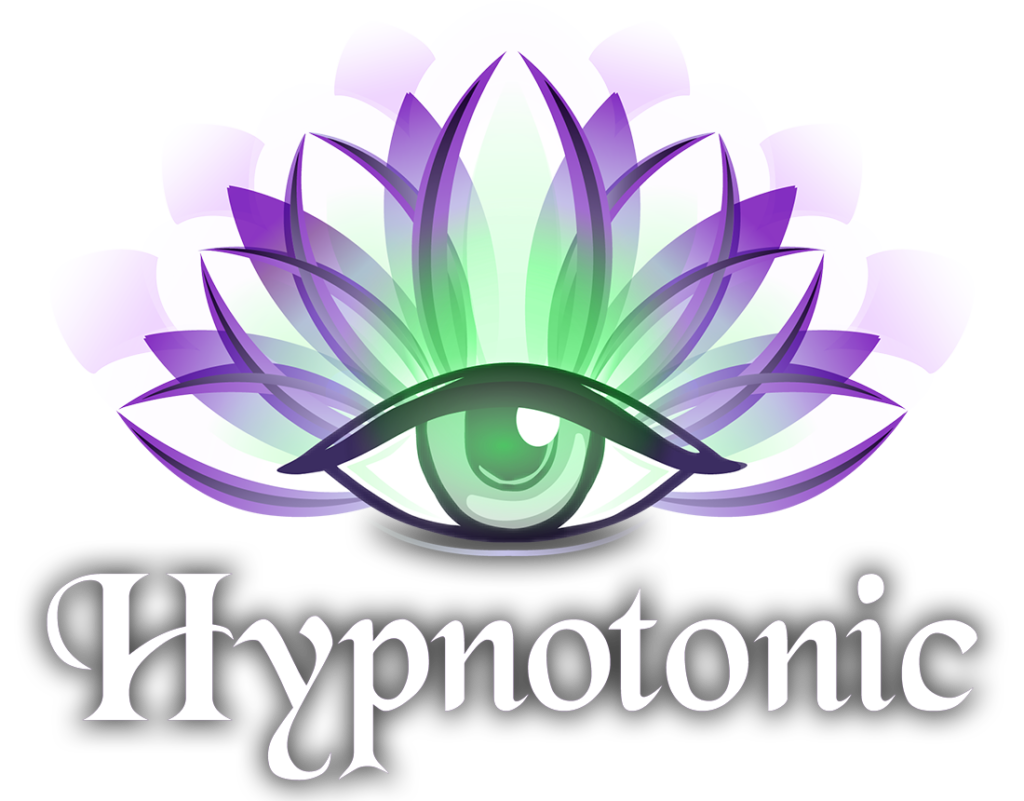What is stress?
Stress is a natural human experience that is designed to actually help us. It can be used positively, keeping us alert, motivated and prepare us for imminent danger, but too much stress can make us chronically ill and lead to short term issues such as, headaches, stomach and digestive issues, anxiety and depression, high blood pressure, anger issues, weight loss/gain, tiredness/exhaustion leading to CFS/ME, sleep issues and also longer-term issues (physical, emotional and psychological). Chronic stress and anxiety have also been linked to heart-disease and cancer.
So, what is stress? I want you to imagine you’re a prehistoric man/woman. The world is very dangerous, and you rely on your natural “gut” instinct to survive. Generally, whilst chilling in your cave your body’s energy is spread evenly between all your senses and bodily functions and you feel relaxed and your body works well. This is called the para-sympathetic nervous system, also known as “Rest and Digest” or “Feed and Breed”. When your body is in this state, you feel relaxed, your heart rate is decreased, your breathing is slow and you generally don’t feel stressed.
One day whilst out foraging for food, you come across a large prehistoric sabre-toothed tiger… and it’s hungry!
Now you have 2 options for survival; you can stay and fight the animal or you can turn and run! With either option you are going to need a big burst of energy to get you moving (Adrenaline). To help you survive this stressful attack, your body takes all your energy from all your senses and bodily functions and focuses it on those solely needed for running away or fighting the animal. This is called the sympathetic nervous system, also known as “Fight or flight response”. When your body is in this state, it’s in a state of emergency. Your heart rate increases, your breathing quickens, blood pressure rises and your muscles tighten.

In this situation of needing to fight or run for your life, these are helpful reactions from your body and the stress is good. However, in modern life we don’t need to worry too much about running from sabre-toothed tigers. Instead, we have a build-up of modern-day stress reactors.
An unexpected bill landing on the door mat, your boss putting unachievable demands on you at work, your kids getting into trouble at school, worries about our health, being stuck in traffic, relationship issues etc, etc…. these stress reactors build up, each time sending our bodies into a constant emergency state of “fight or flight”.
These are not life or death situations, but our bodies treat them as if they are. These constant stress reactors build up the stress hormones in our bodies and that has a massive, negative impact on us, as energy is diverted from bodily functions, we need on a daily basis to stay healthy.
Other stress related issues include:
What is anxiety?
Anxiety is similar to stress. The main difference is that our bodies do not wait for something stressful to happy to kick in the sympathetic nervous system, our bodies are on alert all the time (imagine the sentry/guard meerkat – he’s always on alert and ready to fight or flight at any moment). Anxiety makes us “hyper-vigilant” so we can pounce on any danger immediately and short bursts can help, but longer-term anxiety has the same impacts on the body as constant stress.

What are panic attacks?
Panic attacks are very sudden and intense periods of fear, stress and anxiety. Some people will know what brought on their panic attack and others it will be unknown and very frightening. Panic attack symptoms are very similar to stress and anxiety but have additional cognitive symptoms such as; thinking you might die, feeling like you want to run away, feeling trapped, thinking you may be having a heart attack etc.

How can hypnotherapy help?
- Hypnotherapy helps the body and mind relax (parasympathetic nervous system/rest and digest).
- This then reduces cortisol, adrenaline, and norepinephrine in the body. These hormones are only helpful in short bursts and long-term high levels in the body can lead to all kinds of health implications
- Hypnotherapists can provide suggestions to the subconscious mind which help with writing new brain patterns/programs that can help deal with stress & anxiety
- Hypnotherapists can also provide suggestions to the subconscious mind to help stop old patterns/programs that cause stress & anxiety
- Hypnotherapy helps by providing the client with tools and coping mechanisms to help with stress & anxiety outside of sessions, in their everyday life
- Once your symptoms are under control your hypnotherapist can then use analytical hypnotherapy and psychoanalysis to better understand where your stress & anxiety comes from, and whether there is a deeper subconscious reason for it

If stress and anxiety are stopping you living your fullest, happiest life, Hypnotonic Yorkshire want to help.
We specialise in stress and anxiety and can work with you face to face or on Zoom to get your anxiety and stress under control so you can go back to fulfilling your destiny.

